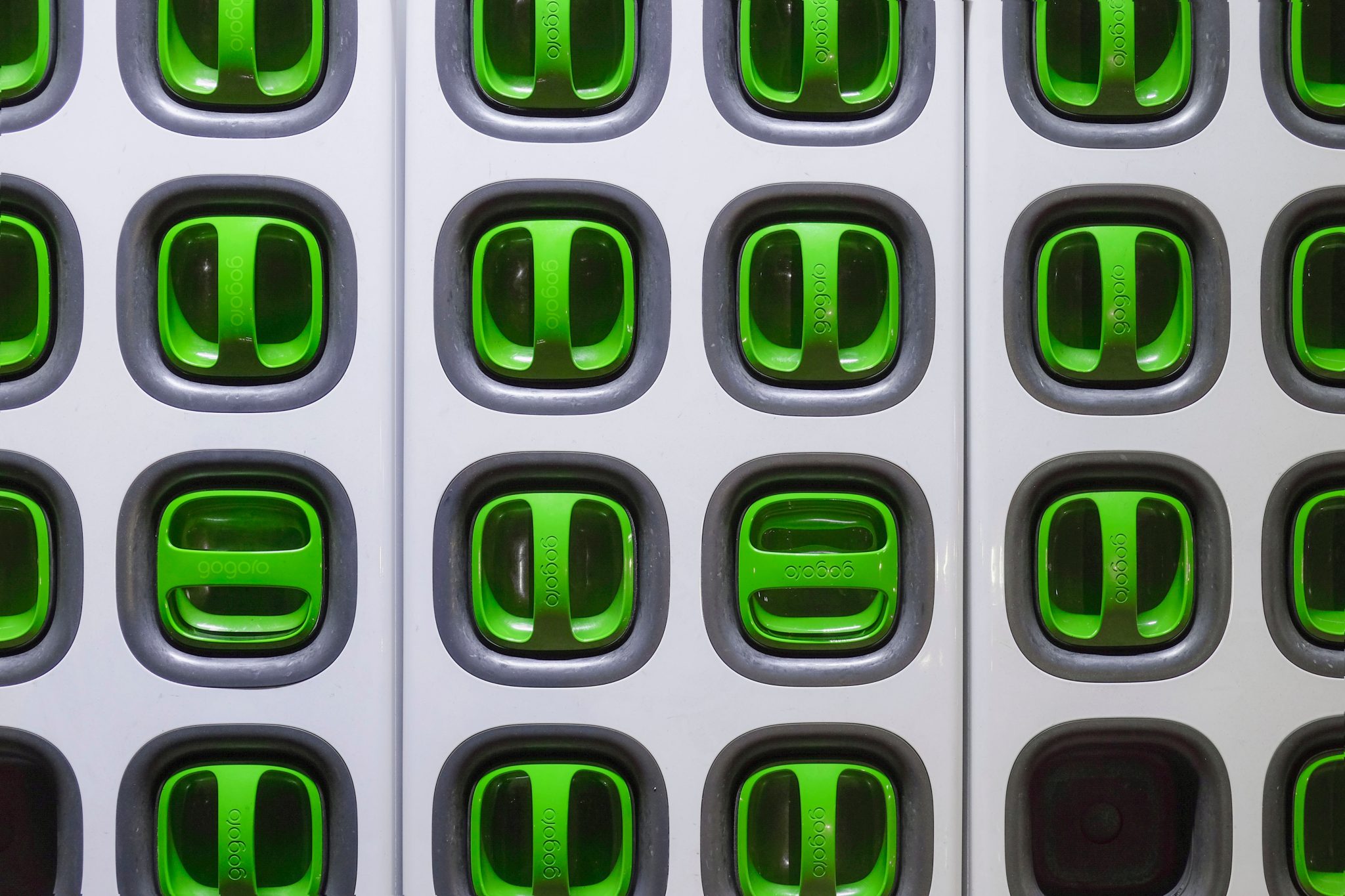
EN 50604-1+A1 is not a legal requirement for EPACs
228 days ago
4 minutes
LEVA-EU is receiving many questions regarding the new battery requirement introduced in the EPAC-standard EN 15194. The most popular question is whether the new clause is a legal requirement, to which the answer is no. Before discarding your battery stock or hastily procuring new batteries complying with EN50604-1:2016 and EN 50604-1:2016/A1:2021, please read the following.
In the current EPAC-standard EN 15194:2017, clause 4.2.3.2 specifies the test method for the battery, with a note suggesting that testing “for example according to EN 62133 or EN 50604-1 is considered as sufficient test to fulfil this requirement.” Many years ago, the Netherlands issued a formal objection against this part of the EN 15194 being harmonized under the Machinery Directive. The Netherlands argued that the requirement is insufficient to guarantee safe batteries. It took the European Commission equally many years to officially lift the harmonization of the battery requirement, through a decision published in January this year. This decision means that EPAC- manufacturers no longer enjoy presumption of conformity for the battery in their EPAC. In case of battery-related incidents, it’s now up to the manufacturer to prove that the battery was compliant with the Machinery Directive, which is a legal obligation.
To address the harmonization issue, CEN TC333, responsible for EN 15194, opted to replace the entire clause 4.2.3. with a new clause referencing EN 50604-1:2016 and EN 50604-1:2016/A1:2016 as the only valid standard to use for EPAC-batteries. The amended standard with the new clause, EN 15194:2017+A1:2023 became available on 23 August 2023 and stipulates a transitional period of 2 years. During this period, manufacturers may use either the clause in the “old” EN 15194 or the clause in the amended standard EN 15194:2017+ A1:2023. As of 23 August 2025, the old standard will no longer be valid and therefore only batteries complying with EN50604-1:2016 and EN 50604-1:2016/A1:2021 will be in line with the requirements in the standard.
Importantly, it must be reiterated that this is not a legal requirement; EN 15194:2017+A1:2023 serves as a means to comply with the Machinery Directive. Manufacturers retain the legal freedom to apply alternative or additional measures they deem state-of-the-art.
Another, very important point is the fact that using the new battery clause does not yet confer harmonization with the Machinery Directive, leaving manufacturers responsible for proving conformity in case of incidents. Harmonization requires a decision by the European Commission, published in the Official Journal. There is no information available as to when this might happen. The competent Commission department is very busy with the implementation of the new Machinery Regulation, which will replace the Machinery Directive as of 14 January 2027.
To date, there is no certainty as to whether EN 15194:2017+A1:2023 will get harmonized under the Machinery Regulation. What’s more, CEN TC333 has just decided to fundamentally review the existing standard, which is now 5 years old. This is another exercise that may well influence the battery requirement in the future standard.
LEVA-EU has consistently advocated for a selective implementation of EN 50604-1:2016 and EN 50604-1:2016/A1:2021 in EN 15194, focusing on relevant requirements for EPACs. Since LEVA-EU’s plea was ignored, the industry now grapples with stringent battery requirements amid the prevailing uncertainty about harmonization. Fortunately, in IEC TC125 an ad hoc group has been created to investigate which battery requirements in different standards, including EN 50604, are most suitable for e-transporters. The results of this exercise can also be used in the revision of EN 15194. Until then, the message remains clear: EPAC manufacturers can currently use batteries complying with EN 62133, EN 50604-1 or with EN50604-1:2016 and EN 50604-1:2016/A1:2021, with none providing presumption of conformity with the Machinery Directive. It is advisable to leverage personal or supplier knowledge of state-of-the-art to ensure that batteries meet the legal safety requirements as mandated by the Machinery Directive.
Annick Roetynck, LEVA-EU Manager, annick@leva-eu.com
Photo by Henry & Co. on Unsplash
Annick Roetynck
Annick is the Manager of LEVA-EU, with decades of experience in two-wheeled and light electric mobility.
Campaign success
Lorem ipsum dolor sit amet, consectetur adipisicing elit, sed do eiusmod tempor incididunt ut labore et dolore magna aliqua.
Member profile
Lorem ipsum dolor sit amet, consectetur adipisicing elit, sed do eiusmod tempor incididunt ut labore et dolore magna aliqua.